
As we enter in the almost-spring season on the mountain, we are always glad to see the daffodils and warmer weather arrive. Which means people will start using the Walden’s Ridge Park, and we need to plan for any incidents. We continue to be good stewards of your donations and always appreciate the support.
Open burning is allowed in Hamilton County until April 30. Please obtain your burn permit and be aware of the requirements of open burning. You are allowed to burn brush and leaves and other items from your yard. You are not allowed to burn trash, hazardous materials like treated lumber or other construction materials. These items are for the trash and not open burning.
We also very much appreciate notice that you will be burning. We received notice a few weeks ago that residents would be burning some brush and leaves along the brow. Burning close to brow is visible from the valley, and, sure enough, we got a call from someone calling from their car on Mountain Creek Road to report that they could see smoke and fire on the mountain. Well, we are glad to know that people are paying attention, and we always appreciate an early call versus a later call. And, we very much appreciate our residents letting us know they will be burning so we don’t get too excited about a call like this when we know there will be some open burning in the area.
When you do burn your brush and natural vegetation, please also follow the guidelines of your burn permit. Never leave the fire unattended. Winds do change on the mountain, and a small fire can get out of control very quickly. Also, you are not allowed to leave your fire burning after 4 p.m. in the afternoon, so please have a plan for putting out your fire before this time.
Recently, WRES met with members of the Chattanooga Fire Department, Hamilton County Emergency Management and Homeland Security and Hamilton County EMS to discuss Walden’s Ridge Park. Walden’s Ridge Park is the new hiking, biking and bouldering park on the side of Signal between the W Road and Mountain Creek Road. The folks from SORBA Chattanooga have developed the park map and trails in conjunction with Hamilton County Parks and Recreation. Accidents do occur with these activities, and we want to get ahead of this issue in case something happens. Thus, we are prepared with a well-coordinated and safe response with all agencies involved.
We completed our annual fundraiser and always appreciate the community support. Community support is key to our success, and we were honored recently by the Walden’s Ridge Community Guild. Mary Catherine O’Kelly of the WRCG came to Station One and presented a check to Tracey Thornton, membership chair of WRES. Many thanks to the Guild for their donation and support.
To contact WRES, you can stop by Station One on Taft Highway next to Ace Hardware any Thursday night at 7 p.m. when we conduct our weekly training or contact us via our Facebook page or call the station at (423) 886-5974 and leave us a message. However, if you have an emergency or even think you may need some assistance, always call 911 for immediate assistance.
Open burning is allowed in Hamilton County until April 30. Please obtain your burn permit and be aware of the requirements of open burning. You are allowed to burn brush and leaves and other items from your yard. You are not allowed to burn trash, hazardous materials like treated lumber or other construction materials. These items are for the trash and not open burning.
We also very much appreciate notice that you will be burning. We received notice a few weeks ago that residents would be burning some brush and leaves along the brow. Burning close to brow is visible from the valley, and, sure enough, we got a call from someone calling from their car on Mountain Creek Road to report that they could see smoke and fire on the mountain. Well, we are glad to know that people are paying attention, and we always appreciate an early call versus a later call. And, we very much appreciate our residents letting us know they will be burning so we don’t get too excited about a call like this when we know there will be some open burning in the area.
When you do burn your brush and natural vegetation, please also follow the guidelines of your burn permit. Never leave the fire unattended. Winds do change on the mountain, and a small fire can get out of control very quickly. Also, you are not allowed to leave your fire burning after 4 p.m. in the afternoon, so please have a plan for putting out your fire before this time.
Recently, WRES met with members of the Chattanooga Fire Department, Hamilton County Emergency Management and Homeland Security and Hamilton County EMS to discuss Walden’s Ridge Park. Walden’s Ridge Park is the new hiking, biking and bouldering park on the side of Signal between the W Road and Mountain Creek Road. The folks from SORBA Chattanooga have developed the park map and trails in conjunction with Hamilton County Parks and Recreation. Accidents do occur with these activities, and we want to get ahead of this issue in case something happens. Thus, we are prepared with a well-coordinated and safe response with all agencies involved.
We completed our annual fundraiser and always appreciate the community support. Community support is key to our success, and we were honored recently by the Walden’s Ridge Community Guild. Mary Catherine O’Kelly of the WRCG came to Station One and presented a check to Tracey Thornton, membership chair of WRES. Many thanks to the Guild for their donation and support.
To contact WRES, you can stop by Station One on Taft Highway next to Ace Hardware any Thursday night at 7 p.m. when we conduct our weekly training or contact us via our Facebook page or call the station at (423) 886-5974 and leave us a message. However, if you have an emergency or even think you may need some assistance, always call 911 for immediate assistance.

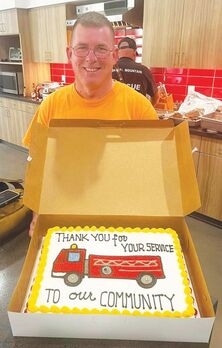
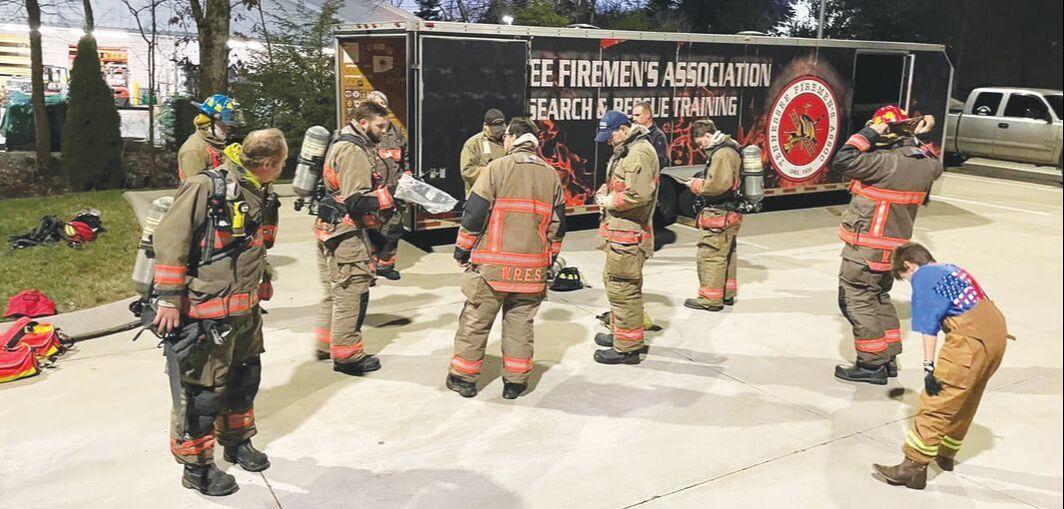
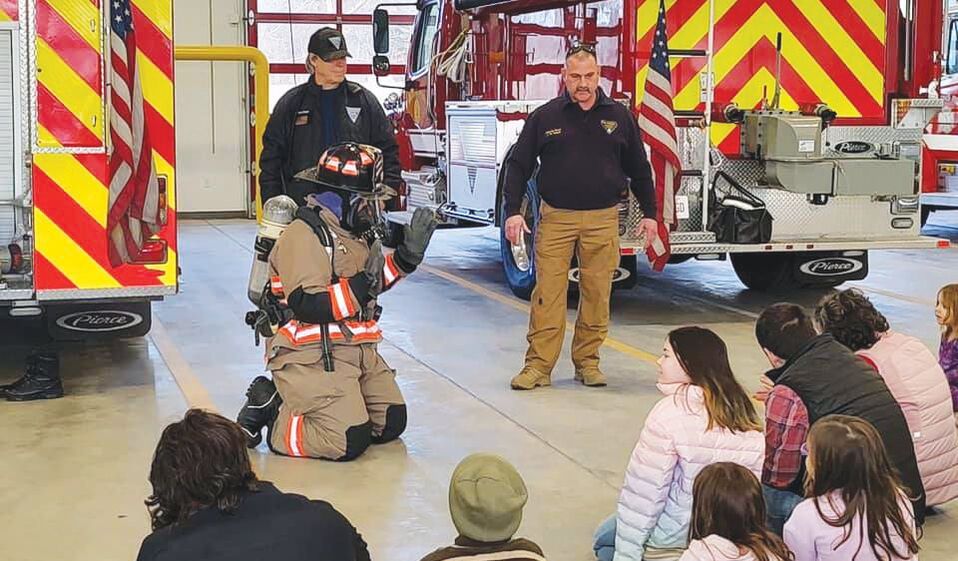
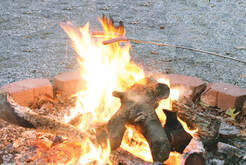
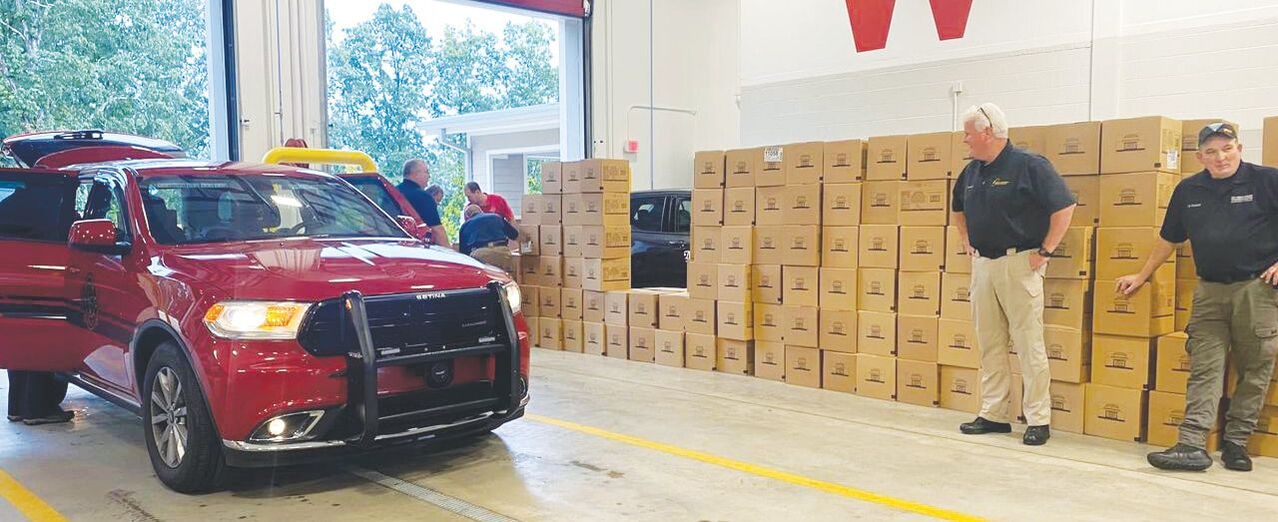
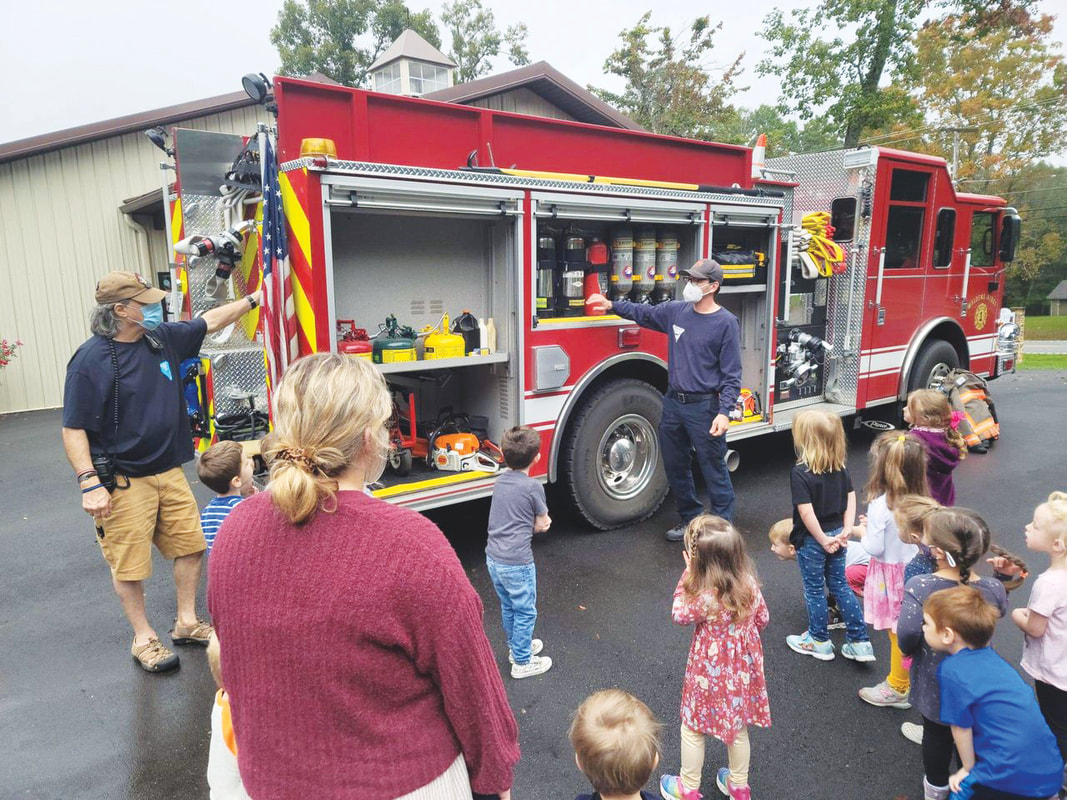

 RSS Feed
RSS Feed